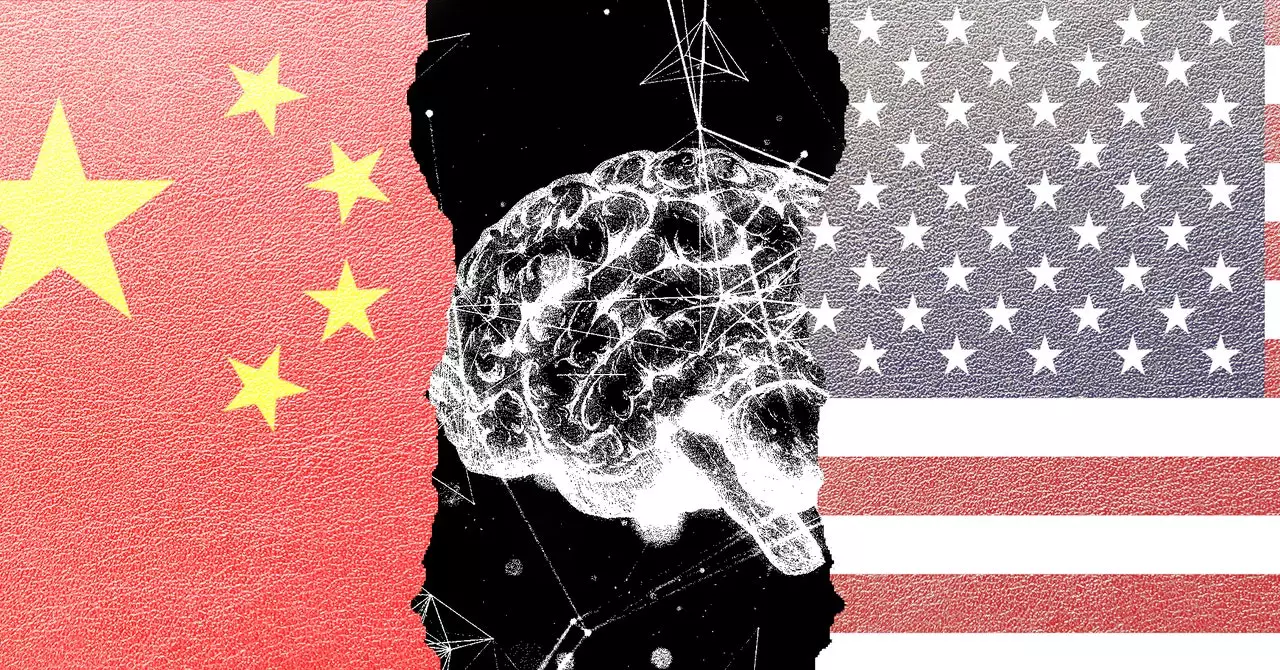In the realm of global finance, particularly in the sphere of technology, shifts in government policy can substantially alter investment landscapes. Recently, the U.S. Treasury Department has implemented regulations that compel American investors to engage in more rigorous due diligence when investing in Chinese artificial intelligence (AI) startups. This article examines the implications of these new measures, the challenges for investors, and the potential consequences for the future of international investment relations.
Historically, U.S. investors could approach investments with a certain level of assurance. However, the new regulations shift this expectation dramatically. Investors are now expected not only to discern whether a startup falls within the purview of U.S. restrictions but to submit detailed reports outlining their due diligence. Robert A. Friedman, an international trade lawyer, emphasizes that confirming a transaction’s compliance will necessitate a comprehensive investigation by U.S. investors. This heightened scrutiny translates to increased workloads and potential delays in securing investments.
For venture capitalists who have thrived on seizing swift opportunities, this newfound requirement could be detrimental. Investors may face significant hurdles as they sift through complex regulatory frameworks and determine the implications for their portfolios. The obligation to notify the Treasury Department of transactions involving even marginally sized AI models—those reaching at least 1023 flops—further complicates the process, leaving potentially lucrative investments veiled in uncertainty.
As the global tech landscape evolves, the implications of these regulations extend beyond individual investments. The Treasury Department clearly intends to monitor capital flows from the U.S. to Chinese AI firms more stringently. This oversight reflects a growing apprehension regarding national security and the competitive integrity of the technology sector.
Additionally, the U.S. government is actively seeking to coordinate similar measures with allies, including members of the G7. Such unified action could hinder Chinese companies from accessing funds from venture capitalists across Canada, Europe, and Japan, effectively isolating them in the global tech market. The once more open channels of international finance are increasingly becoming constricted, raising concerns about innovation asymmetries that may result from U.S. investment restrictions.
Political dynamics significantly influence the trajectory of these regulations. With potential changes in presidential leadership on the horizon, including a possible second Trump administration, uncertainty looms large over the future of U.S.-China tech relations. Various factions within the venture capital community display diverging opinions regarding these new restrictions. Some may lobby for a rollback of regulations, potentially reverting to a less restrictive environment for investments.
Conversely, experts suggest that a Republican-led government may introduce more stringent measures aimed at other sectors related to Chinese innovation, such as biotechnology and energy. The prospect of a unified Republican government enacting legislative action highlights the volatility of investment protocols, and could signal a significant shift in the landscape for U.S. investors.
The Biden administration has articulated a “small yard, high fence” strategy regarding its approach to technology policy with China, focusing on narrow sectors where strict regulations will prevail. This intentional targeting signifies a strategic posture aimed at safeguarding critical technologies while addressing national security risks. However, the evolving political context may complicate this strategy.
Should regulations be expanded under a future administration, the potential for an increasingly restrictive environment could discourage not only U.S. investment in China but also deter foreign startups from seeking American capital altogether. As policy shifts unfold, the framing of U.S.-China technological relationships will invariably shape the investment strategies of venture capitalists in the coming years.
The recent actions taken by the U.S. Treasury Department introduce significant challenges for investors contemplating investments in Chinese AI startups. These dynamics demand a careful recalibration of strategies and approaches to due diligence. As political landscapes shift and global investment practices evolve, investors will need to stay informed and adaptable to navigate an increasingly complex and regulated investment environment. The interplay of innovation, regulation, and international relations will define the future of tech investments, requiring a concerted effort from investors to negotiate this new terrain successfully.

